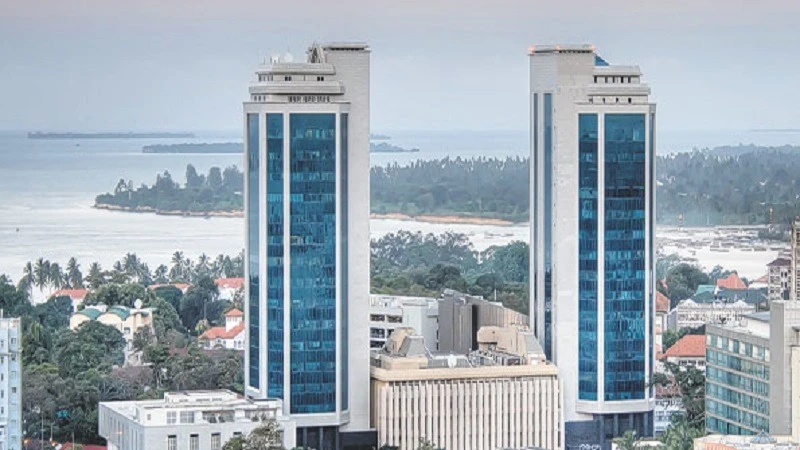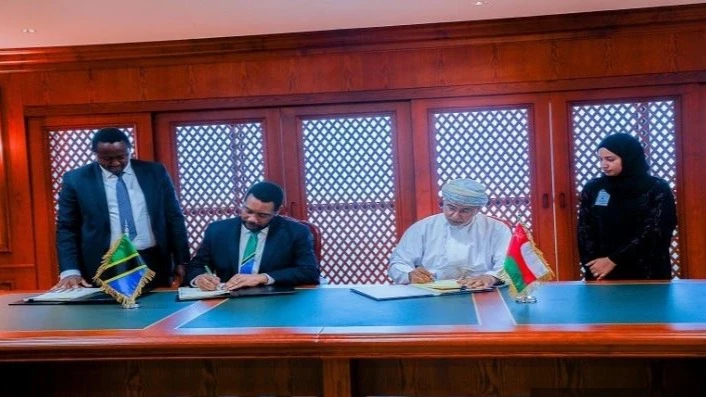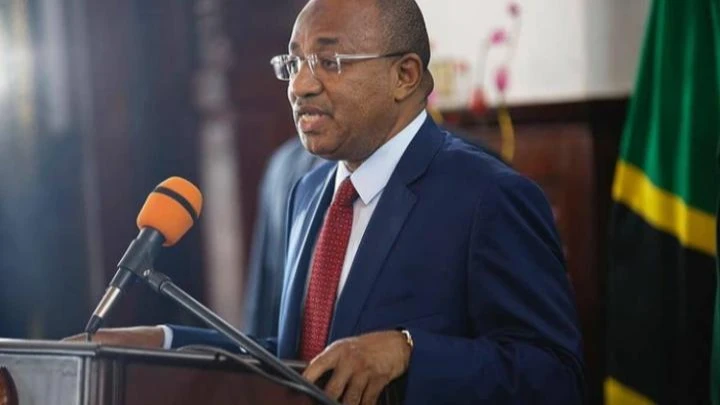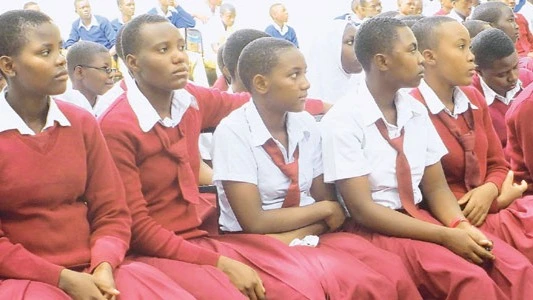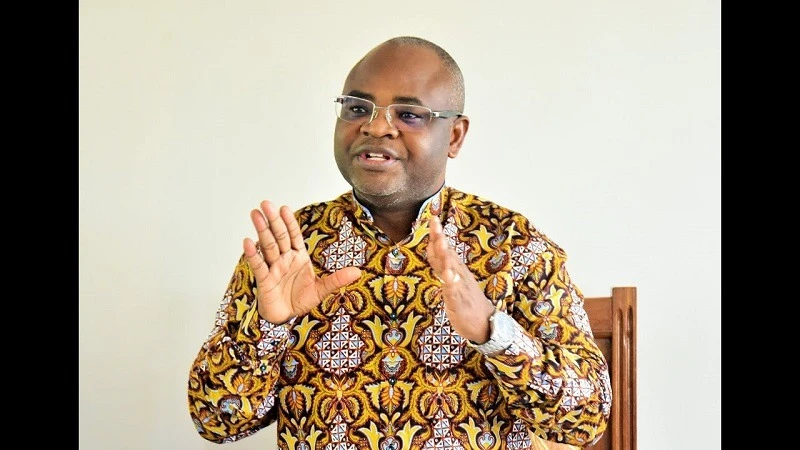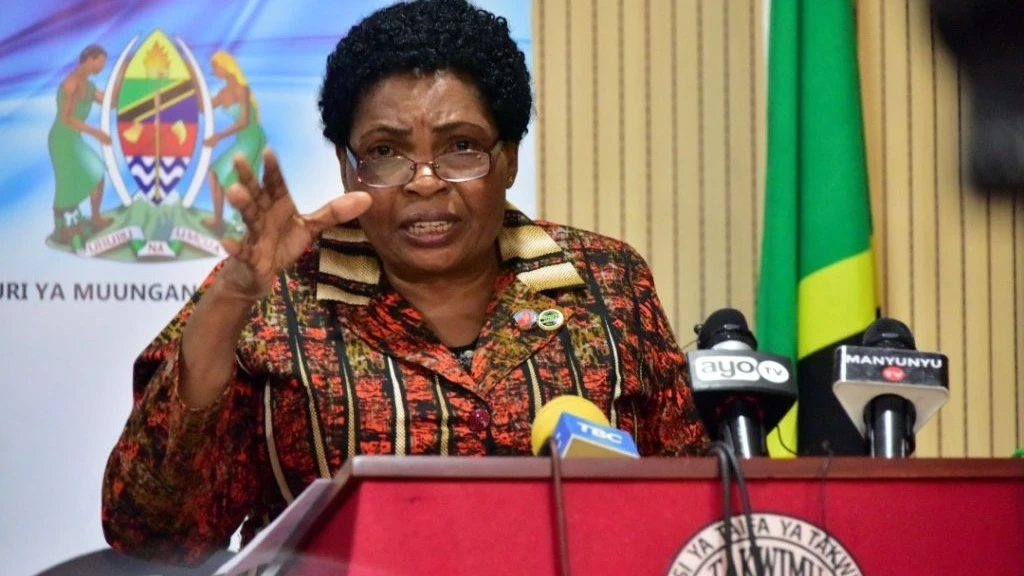W. Bank booster could help Treasury refocus operations
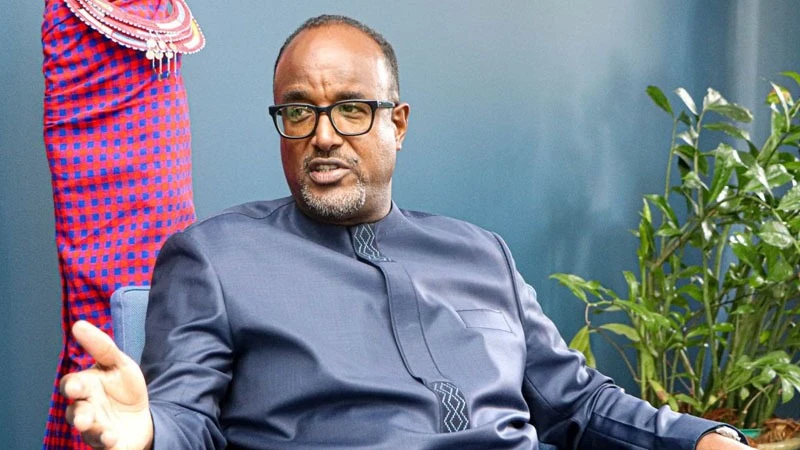
FURTHER financial sector management uplift is in the works with the World Bank soft loans window, the International Development Agency (IDA), extending to Tanzania US$50 million (127 billion/-) in new credit.
This is for revenue management strengthening, modernisation of public procurement processes, and improvement of resource allocation and audit effectiveness.
It is helpful to explain the objective of the credit at some length, as it mirrors plenty in what is ailing financial administration.
This could be described as the disconnect between finance and public satisfaction with project implementation, with credit serving as a sort of strategy.
The World Bank country director said in a statement that the project or intended programme was meant to strengthen the capacity of the Union and Zanzibar governments to improve resource mobilisation through the deployment of improved revenue collection modalities, as well as improvements in the management of expenditure.
All this comes under the need to mobilise and manage public resources through strengthening institutional capacity, efficiency, transparency and accountability.
Left as a general statement, not many can make head and tail of what the problem is likely to be, plus the solutions now being lined up.
The WB director noted that it was commendable that the government acknowledged the vital role of robust public financial management and procurement systems in driving Tanzania’s development agenda, giving that as the reason for the initiation of the programme.
One area where observers often find it difficult to grasp World Bank designs is that it is seldom clear what lessons it learns and takes up initiatives over time.
For instance, there is an avowed preference to credit World Bank programmes and those of other development partners in tandem with the government as having facilitated this or that success in a particular field.
Yet when an informed observer looks at the matter closely enough, it will likely become apparent that the issue was a governance initiative or clean-up rather than relating to the need for additional facilities, training or capacity building.
For instance, the WB statement said that there has been noticeable progress in this area over the past few years but it was vital to address persisting weaknesses to enhance the timely delivery of public services.
It qualifies the current credit effort as a programme for results (PforR), linking disbursements with programme outcomes. The question is whether this needs more of traditional procurements, or less of it.
While it is evident that electronic revenue collection modalities or systems have considerably uplifted resource mobilisation, along with an improved business environment, the results are sharply contrasting.
One aspect is considerable capacity for the government to finance public service utilities, while this effort is let down by existing public procurement management formalities.
One of the key areas in this respect is tendering, and the use of an executive agency or local authority tender committees to pick tender winners.
The World Bank issues new capacity building credit to uplift such selection, even as ministers seek an overhaul.
The idea is to have ministries exhaust technical operational and advisory capacity before there is need for any tenders, as the extent to which tendering is abused is clearly visible.
Top Headlines
© 2024 IPPMEDIA.COM. ALL RIGHTS RESERVED









